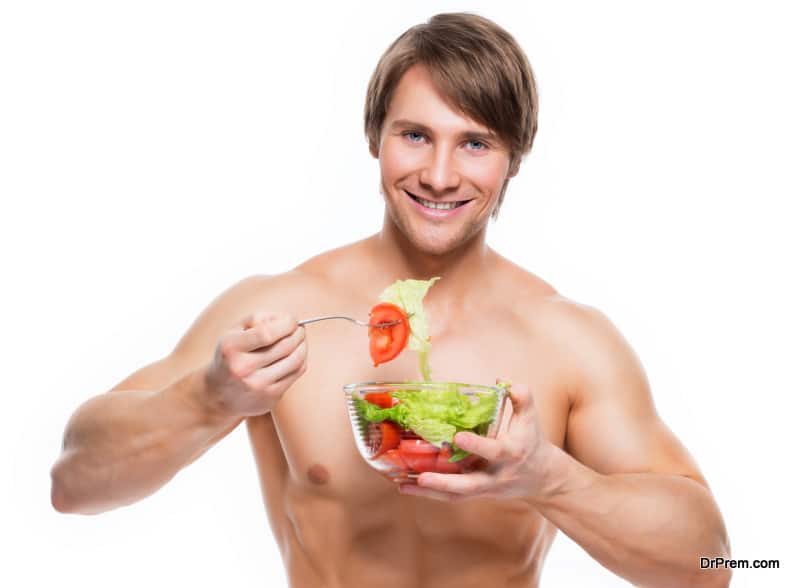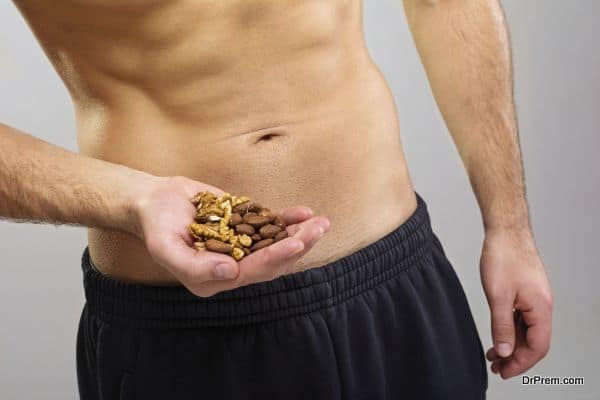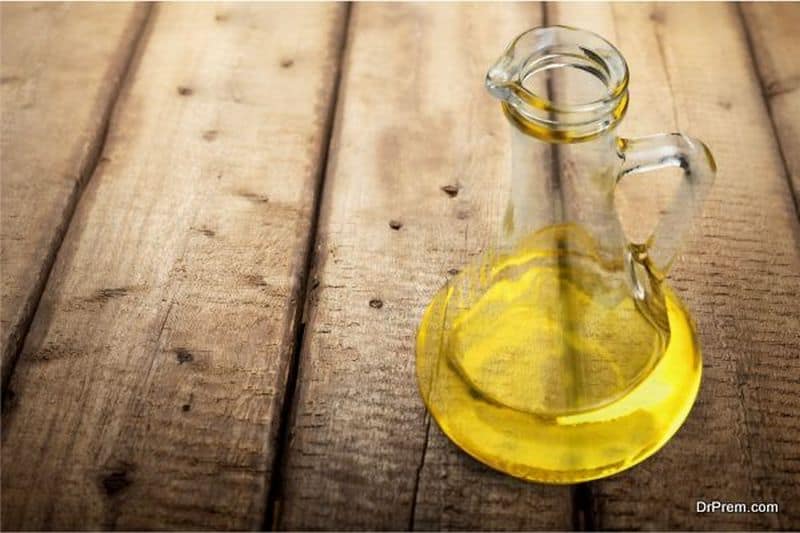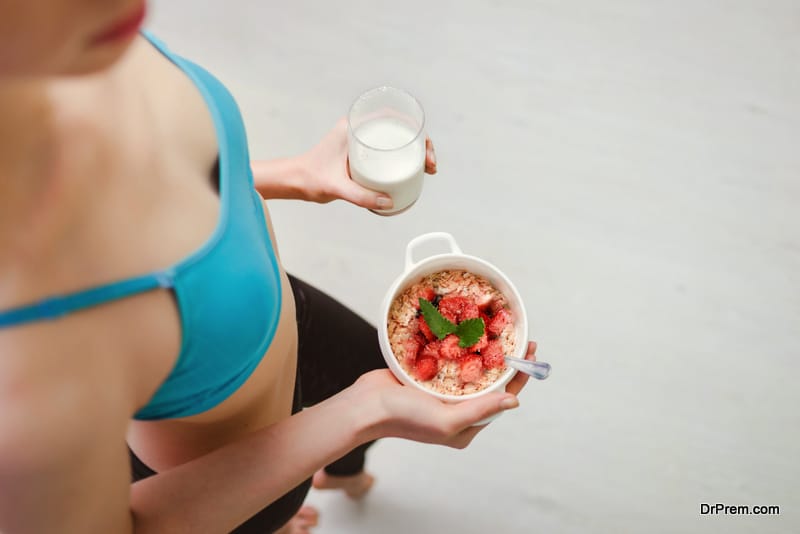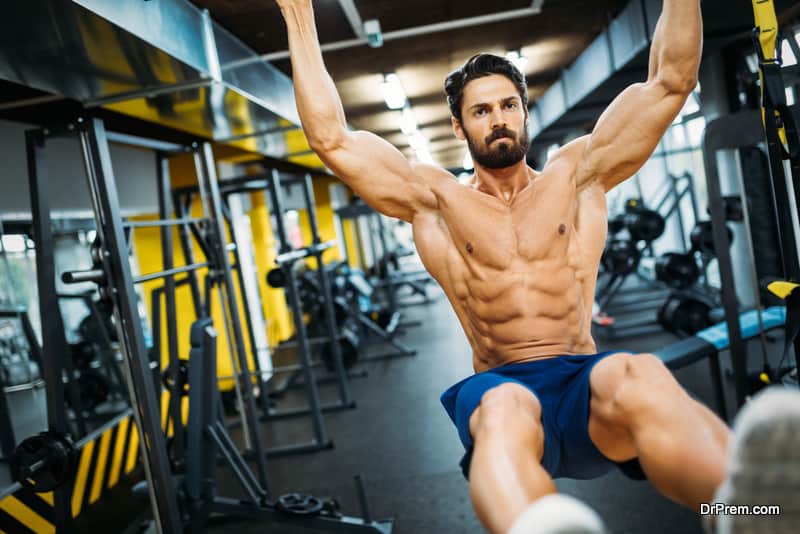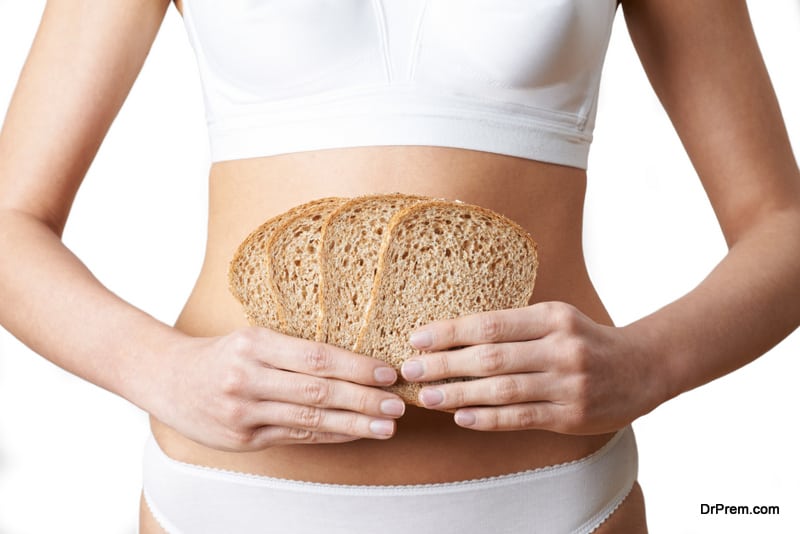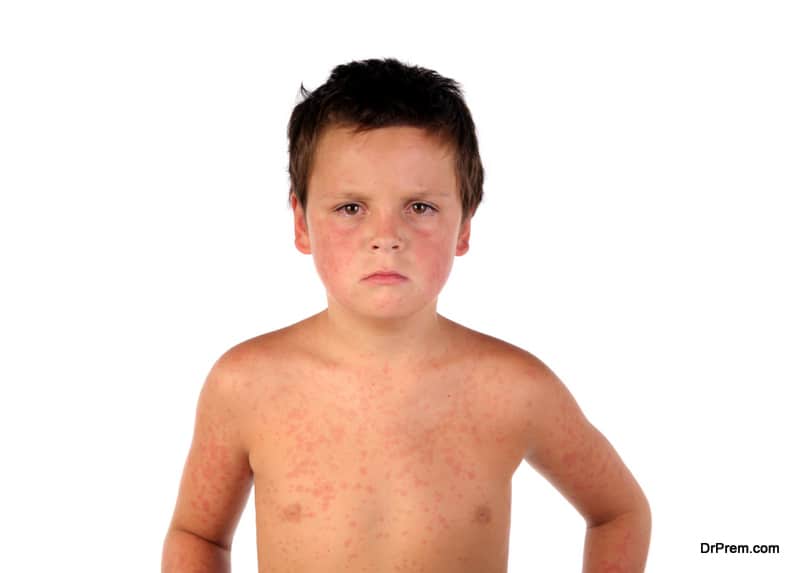Vegan diets have been embraced on a large scale worldwide. It is no longer a fad but a diet which has been proven to be eco friendly and good for the body. As it eschews animal products including dairy, as an athlete you may be thinking twice to be a vegan or not. Once you know how to include all the necessary vegan foods in your diet to be a vegan endurance athlete, you can go ahead and adopt this diet. Read on to find out the right diet for vegan endurance athletes:
Comprehensive diet guide for vegan endurance athletes
1. Include healthy fats
Vegan diets are basically plant based so you do get a high amount of fiber. This can be beneficial for health, but it will also satiate you before you have consumed the necessary calories for the energy that you need as one of the vegan endurance athletes, or else you may suffer from energy deficiency.
To avoid this, eat your fill of avocados, seeds and nuts to boost the calorie intake. You have to plan your diet so that you get the required fats as well as fiber. On days on which you train, you should eat white pasta, rice and noodles which are absorbed quickly by the body and have a higher content of crabs as well. Try to avoid oats, lentils and beans 24-48 hours before any race as these foods might cause stomach issues.
2. Eat food to fortify your vitamin B12
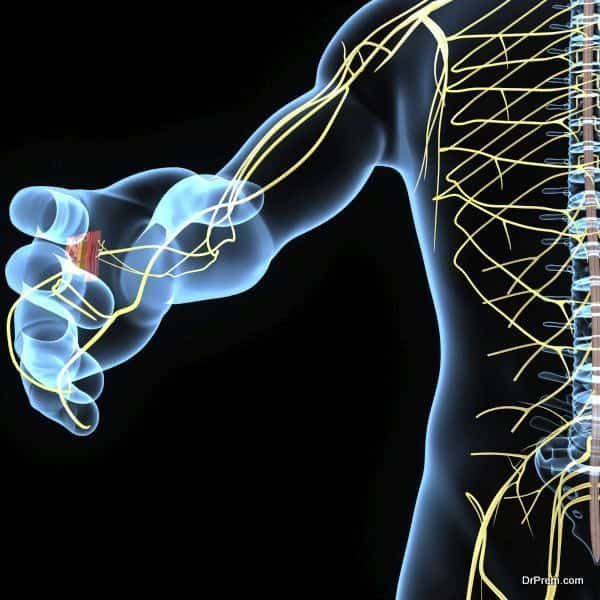
To prevent vitamin B12 deficiency, eat enough greens, broccoli, Brussels sprouts, black eyed peas, chick peas, brown rice, citrus fruits and beans. Some suggest plant based milks such as soy milk and almond milk and yeast extract.
3. Eat enough proteins
As vegans do not eat dairy or fish or meats, they have to get their protein quota from vegetables and fruits, cereals, grains and lentils. Plants are low in amino acids, so you have to take care to supplement this important protein. You can do this by eating larger quantities of protein rich foods.
If your body does not get enough protein, it might go into starvation mode and start breaking down the muscle tissue and lose the all-important muscle mass. If this happens, it will have a severe impact on your performance.
Soya, buckwheat, quinoa, china seeds should be consumed regularly. Use protein powders which are vegan to get the protein your body needs to build muscle. Have protein powders after a training session for more benefits to become a fit example of vegan endurance athletes.
4. Olive oil, coconut oils for total fat
According to research, vegan diets are low in total fats, especially essential healthy fats such as omega 3 fatty acids which are derived from oily fish. A fat low in diet also may lead to energy deficiency. To compensate, you must start using coconut oil and olive oil as your cooking medium, and use them as spreads and salad garnish. For marathon runners and other vegan endurance athletes, a daily intake of different fatty foods is important to keep your performance levels high.
5. Eat foods to substitute dairy
Dairy supplies calcium and protein to the body, which strengthen the muscle and bone. You must have strong bones and muscles to compete at the highest levels. A calcium deficient athlete cannot perform as well as non-vegetarians. But this can be overcome by eating enough dairy alternatives such as almond milk, superfood juices, nut cheeses and so on.
One of the important parts in the diet guide for vegan endurance athletes is to have the best supplements which contain fortified calcium. Legumes and some vegetables have a high calcium content, but they contain oxylates and phytates, which impede absorption. To avoid the formation of these, soak the legumes and veggies before cooking them. Eat kale, broccoli, kale which have low oxylate.
6. Include Vitamin D rich foods in your diet
Many studies have shown that vitamin D is essential for bone health as well as many body functions. As one of the vegan endurance athletes you have to have strong bones so that you don’t suffer from stress fractures. The good news is that you can get enough vitamin D when you’re outside practicing in the sun.
But those who stay in regions which do not receive sunlight, you have to get yourself tested to check the vitamin D levels. If the levels are less then you may consult a doctor who would prescribe the best supplements for a specific amount of time. As a vegan, you can consume vitamin D3 extracted from lichen.
7. Foods to prevent zinc deficiency
Zinc is required to metabolize protein and for cell repair and growth. Zinc is present in many foods but not easily absorbed due to phytates in plants. As mentioned before, soaking helps in reducing phytates in nuts, seeds, wholegrains and legumes. Eat fermented breads and other zinc rich foods to have enough zinc in your body.
8. Consume seaweed to get natural iodine
Iodine is required for development and growth, and thyroid metabolism and function. Vegan athletes might develop iodine deficiency which will negatively impact performance. But you cannot go overboard with your seaweed consumption as excess iodine is also harmful. Best is to eat seaweed such as wakame, nori and kombu off and on and not regularly. Of course, the easiest and cheapest way to get enough iodine is to use iodized salt in your food.
Final Words
Being a vegan is great for you and the environment, but as an endurance athlete you need to watch whether you are getting the right amount of proteins, carbs, vitamins and minerals. You can find many vegan recipes with the amount of calories mentioned, which you use to cook delicious and nutritious vegan meals.


